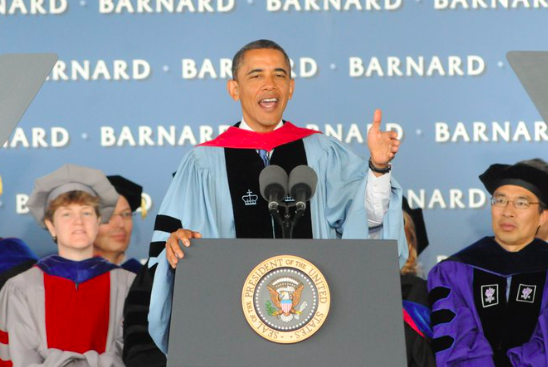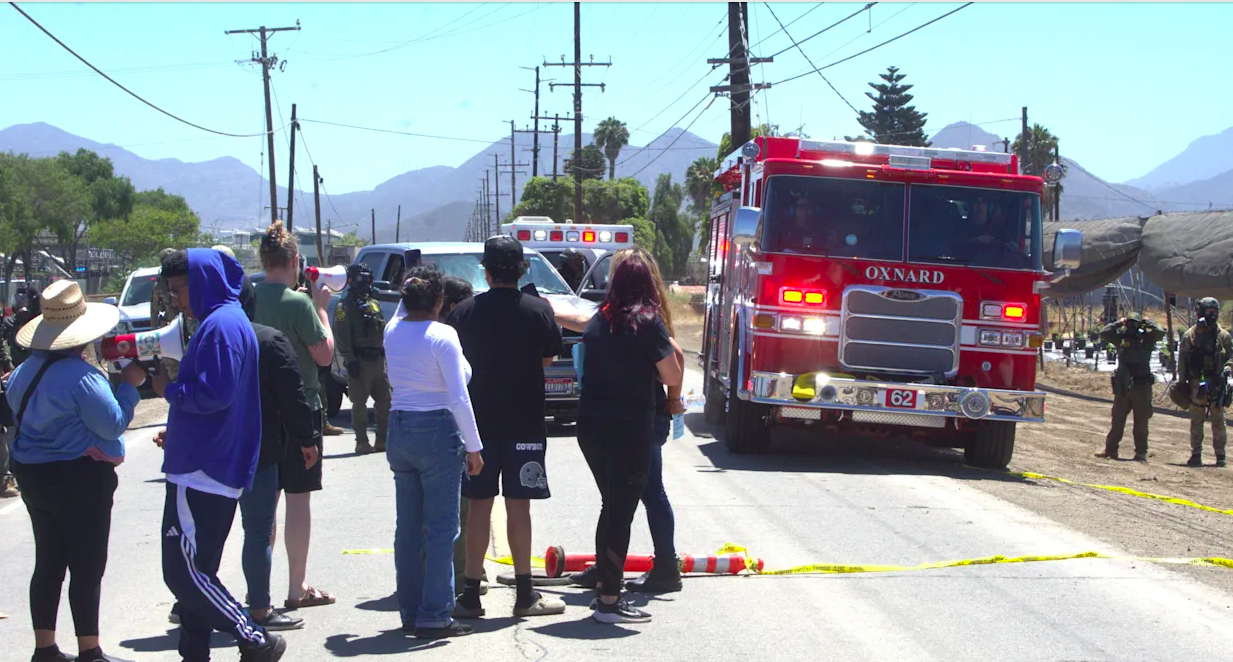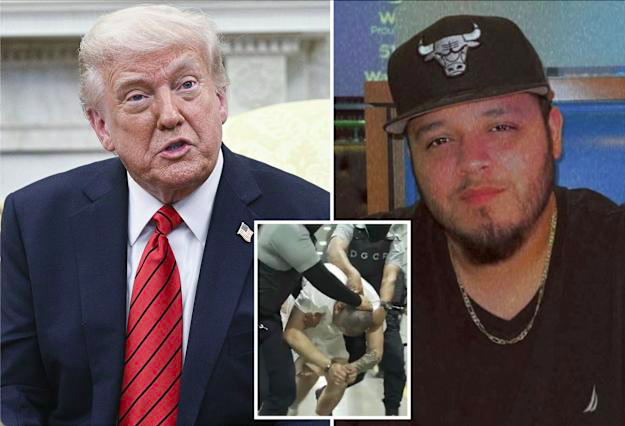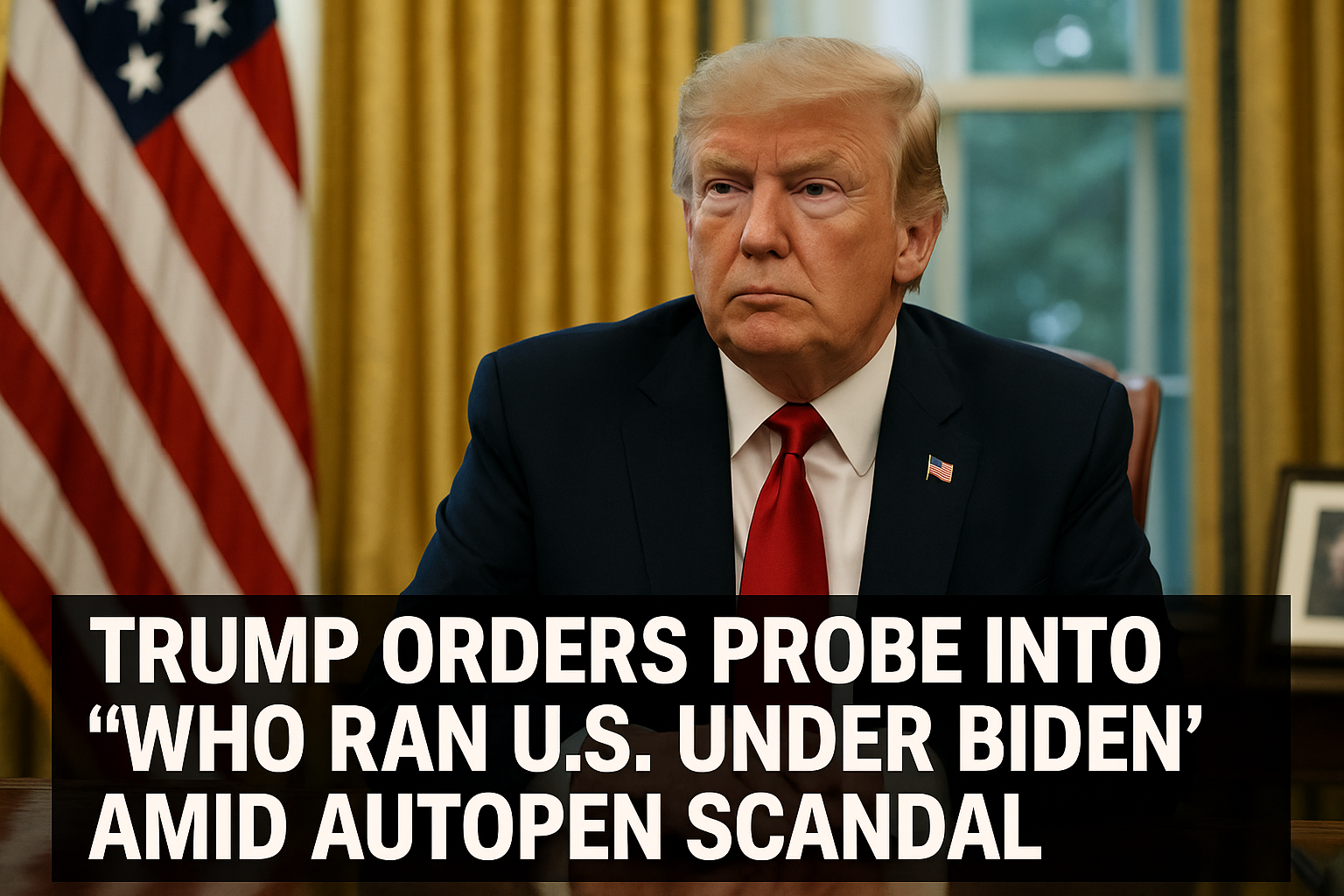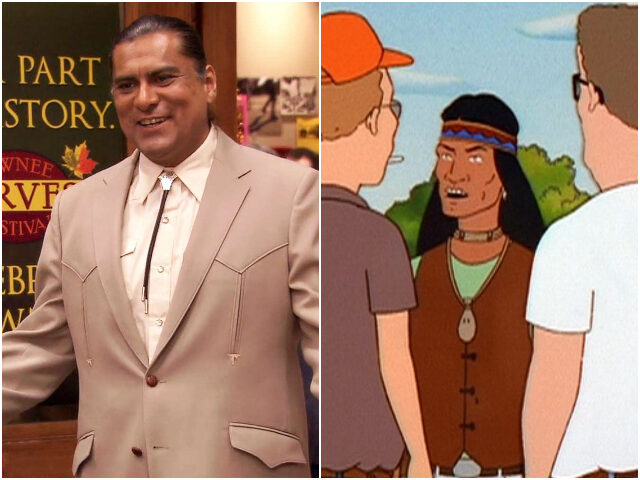A recent statement by Professor Henry Graff, a distinguished historian who taught at Columbia University for 46 years, has reignited debates about former President Barack Obama’s time at the Ivy League institution.
In an interview, Professor Graff expressed uncertainty about Obama’s attendance, stating, “I never had a student with that name in any of my classes. I never met him, never saw him, never heard of him.”
Professor Graff’s remarks have fueled discussions among conservative circles, raising questions about transparency and the veracity of Obama’s academic history. While Columbia University has confirmed that Obama graduated in 1983 with a degree in political science, the lack of public records, such as yearbook photos or detailed accounts from classmates, continues to be a point of contention.
The Memorial Day Sale is ON NOW! Get 25% off site-wide with discount code MEMORIAL25 at checkout.
Includes FREE shipping in the USA.
https://GetZStack.Com
This skepticism isn’t new. In 2008, Wayne Allyn Root, a Libertarian vice-presidential nominee and Columbia classmate, claimed he had no recollection of Obama during their time at the university. Such statements have led some to question the narrative surrounding Obama’s early years and the transparency of his academic records.
From a Christian conservative perspective, the emphasis on truth and accountability is paramount. The Bible teaches the importance of honesty and integrity, and leaders are expected to exemplify these virtues. When discrepancies arise in the backgrounds of public figures, it’s not only appropriate but necessary to seek clarity.
The broader concern extends beyond Obama’s academic history. It touches on the trustworthiness of institutions and the media. When questions are raised, and they’re met with dismissal rather than investigation, it erodes public trust. In a society that values transparency, it’s essential for institutions to address concerns head-on.
Moreover, the media’s role in shaping narratives cannot be overlooked. Selective reporting or the omission of certain viewpoints contributes to a one-sided discourse. For a healthy democracy, diverse perspectives must be acknowledged and examined.
In conclusion, while definitive evidence about Obama’s time at Columbia may remain elusive, the pursuit of truth remains a cornerstone of our values. It’s not about political affiliations but about ensuring that our leaders and institutions uphold the standards of honesty and transparency that are foundational to our society.

